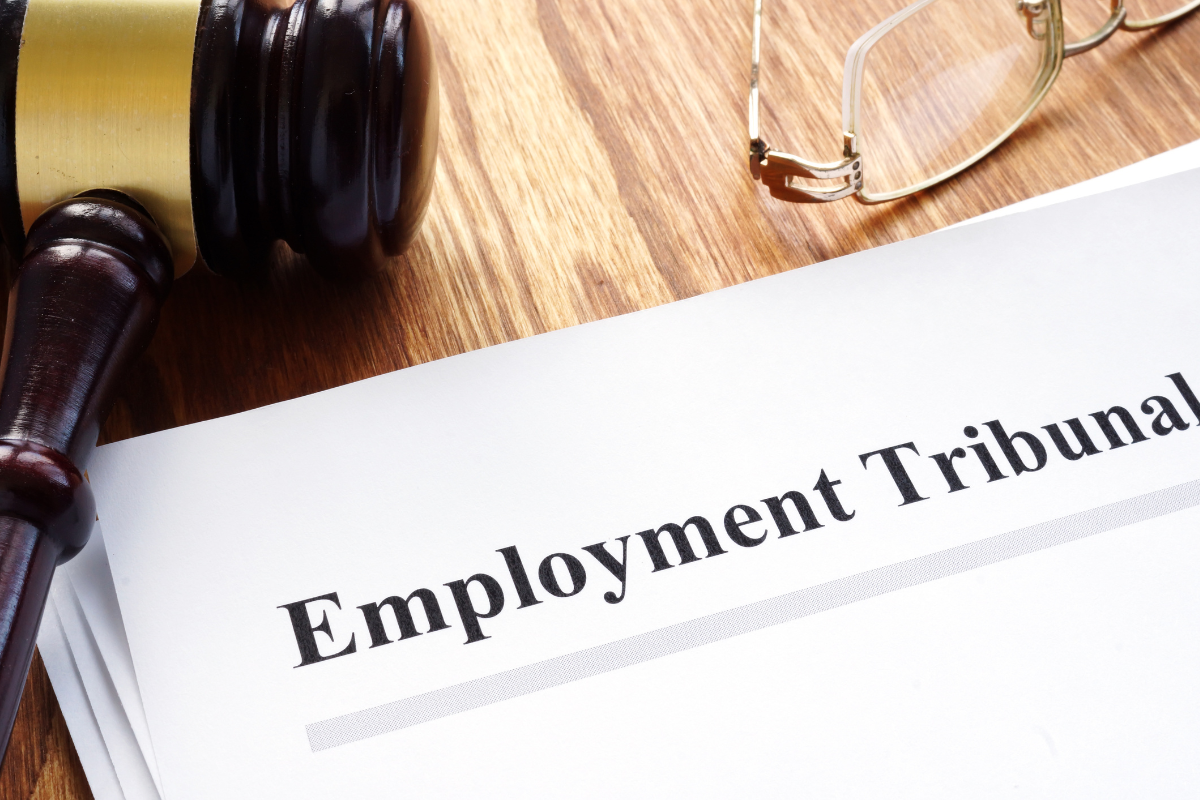Trentside Manor Care Ltd v Mrs Marie Raphael
The Employment Appeal Tribunal (EAT) recently had to wrestle with a topic that crops up often for HR advisors – privilege. In particular, whether the advice provided by external HR Consultants, who were ultimately supervised by solicitors, was privileged.
The answer was no but some of the advice was.
Privilege
There are two accepted principles of privilege that can attach to correspondence and advice from a legal professional to their client. These are ‘legal advice privilege’ and ‘litigation privilege’. The general principles of both are as follows:
‘Legal advice privilege’ protects from disclosure, correspondence between a client and the legal professional which was for the sole or dominant purpose of giving or obtaining legal advice.
This is how most people understand to be the situation when they seek legal advice from a solicitor or other legal professional.
‘Litigation privilege’ protects from disclosure of confidential communications between a client and the legal professional, including third parties, where litigation is existing, pending or reasonably contemplated, and where the dominant legal purpose of the communication is for obtaining advice or information in connection with that litigation or for assisting in it.
Privilege is a very old (some 400 years) and important part of the English legal system and understandably, attempts to interfere with it is rightly met with opposition!
From an HR perspective, it is very important for all HR advisors, whether in-house or external, to keep the issue of privilege (or lack of it) in their minds from the outset.
Background
The employee made a Flexible-Working Request (FWR). The employer discussed that with the employee and her request was granted, subject to a trial.
There was an incident at work subsequently and the employee was suspended. She was later dismissed on the grounds of misconduct. However, the claimant alleged that the real reason for her dismissal was her FWR and disability.
Employment Tribunal proceedings were commenced. The employee sought an order from the ET that correspondence between the employer and its HR advisors, be disclosed. In particular, all correspondence from her FWR to her dismissal.
The employer claimed that the correspondence was legally privileged (by both legal advice and litigation privilege) and could not be disclosed. The HR Consultants advising the employer were not legally qualified. However, they were supervised to some extent by at least one solicitor in their team.
The Employment Tribunal (ET) judge ordered that the disclosure of the correspondence should be made to the claimant’s solicitors, but not to the claimant directly. The purpose was to consider the issue of privilege and rule accordingly. The judge decided separately that the correspondence prior to the suspension was not privileged.
The EAT had to consider the appeal made by the employer which in essence revolved around the issue of privilege. Not too surprisingly, the EAT found that the order of the ET requiring the employer to disclose various documents was not something that an ET would normally do.
Doing so would have placed in jeopardy the very protection that the employer was seeking – legal privilege and even before the ET had been able to properly consider and rule on the issue.
However, the EAT decided firstly that the ET was correct to conclude that the dominant purpose of seeking advice by the employer prior to the suspension was not because litigation was anticipated. Consequently, litigation privilege could not apply during that period.
Secondly, that the advice provided to the employer by non-qualified advisors, was not protected by legal advice privilege. The fact that there were qualified solicitors supervising the team, did not mean that privilege could be extended to the others.
Practical Steps
The case is an important reminder for all HR professionals that legal advice privilege will generally only attach to advice and correspondence between a qualified legal professional and their client.
However, if there is a reasonable prospect of litigation, litigation privilege might apply. As will have been seen, privilege is far from a simple issue to resolve. It is always best to seek legal advice if there is any doubt. The consequences of getting it wrong could be very detrimental to all concerned.
How we can help
View HR can provide legal advice to HR professionals and Consultants. Robin Watson, our specialist employment solicitor is always happy to discuss any cases or issues. As a solicitor, Robin can advise with the application of privilege and provide reassurance to clients.
‘It is always best to get in touch early to discuss an issue. Even if it may not yet be contentious, discussing the options and risks is going to be beneficial. We always have one eye on the Tribunal claim.’ – Robin Watson, Employment Solicitor
If you would like to get in touch to find out how we can support you, email or call 01425 205390.
A link to view the case can be found here.


